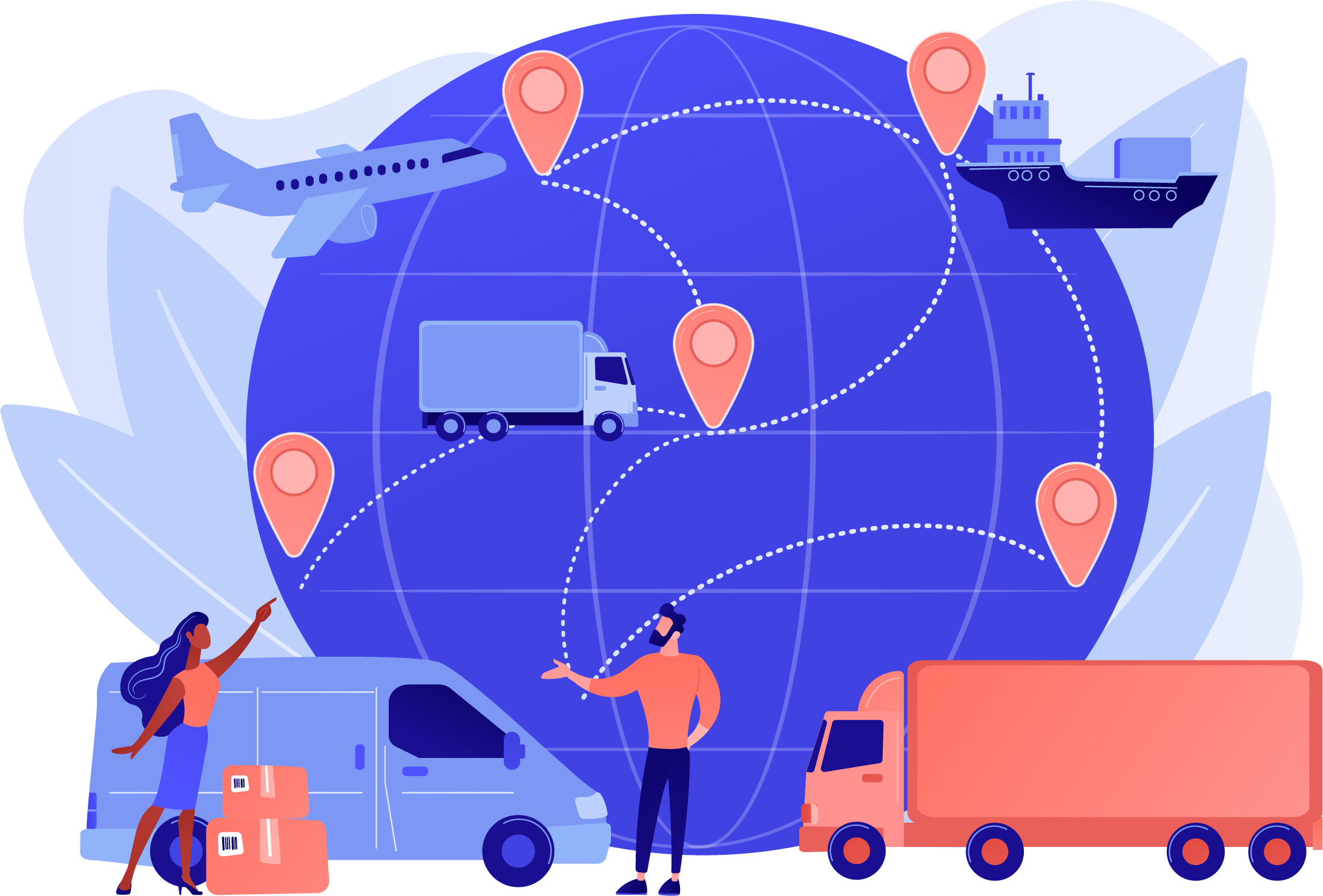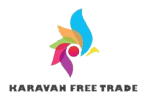Karavan Free Trade
Karavan Free Trade is an Online B2B Sourcing Platform for firms to conduct business internationally and participate in the global value-chain. Our goal is to ensure a seamless process for global sourcing and making trade easier, accessible, and transparent.

Mission and Vision
Vision: To provide end-to-end support to a business enterprise for conducting global trade and sourcing across varied industries and bridge the gap between Buyers and Vendors thereby realizing their true growth potential and help expand the business.
Mission: To cut across the hurdles faced by International Buyers and to create sourcing networks that are aligned with the supply chain and business strategy of the firm.

Our Partners






Our Offering
Regionalising Supply Chains
(India and South Asia)
Dual Souring of Raw Materials – Resource from different vendors
(Creating resilience and reliability)
5000+ company Listing
(Vendors)
Industries Covered

Critical Minerals

Machinery

Agriculture and Food Processing

Auto Components

Chemicals
Project Management Would Include
Defining project scope: This involves clearly defining the project’s objectives, deliverables, and timeline, and establishing a detailed project plan.
Communicating with stakeholders: This involves regular communication with stakeholders to keep them informed of project progress, milestones, and any issues that arise.
Risk management: This involves identifying and managing potential risks that could impact project outcomes and developing contingency plans to mitigate these risks.

Audited Vendor Onboarding
Financial Audit
- Revenue growth
- Profitability: return on investment (ROI)/return on assets (ROA).
- Cash flows
- Debt levels
- Inventory turnover
- Receivables turnover
Manufacturing Audit
- Standardization
- Capacity
- Quality Check
ESG Audit Would Include
- Energy consumption
- Waste generation
- Labour turnover
- Employee benefits
- Board composition
- Stakeholder engagement

Quality Assurance and Traceability
Quality control: This involves ensuring that the project deliverables meet the required quality standards, Centralised QA audits which will align with protocols.
Traceability involves tracking the origin of the raw materials used in the product, including where they were sourced from and how they were produced or processed. Also tracking the manufacturing processes used to create the product, including the equipment and tools used, and the people involved in the process.
In addition, it involves ensuring that the product is correctly labelled and packaged with accurate information about its origin, ingredients, and other relevant information.
Selection & Price Negotiations
In sourcing strategy, negotiating the best prices is a critical part of the sourcing process.
Upon receiving quotations from vendors, a sourcing team would evaluate responses, asks for clarifications if needed, and begins negotiating with shortlisted suppliers for lower prices, better payment terms, and other benefits.

